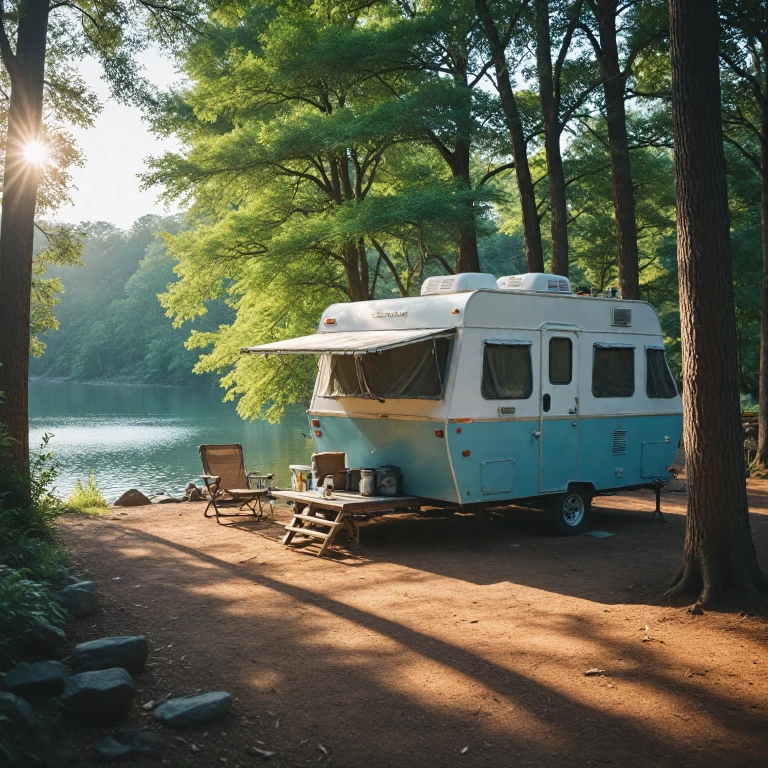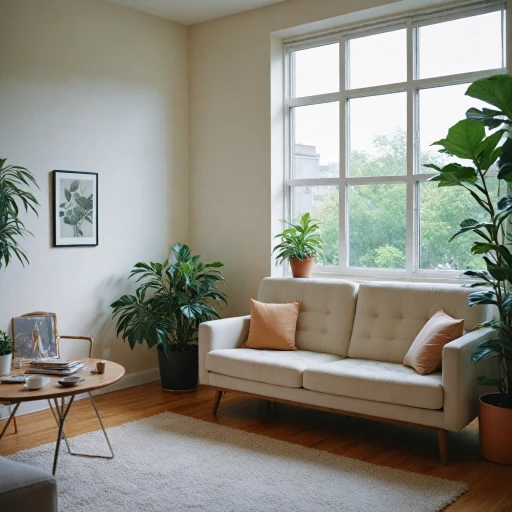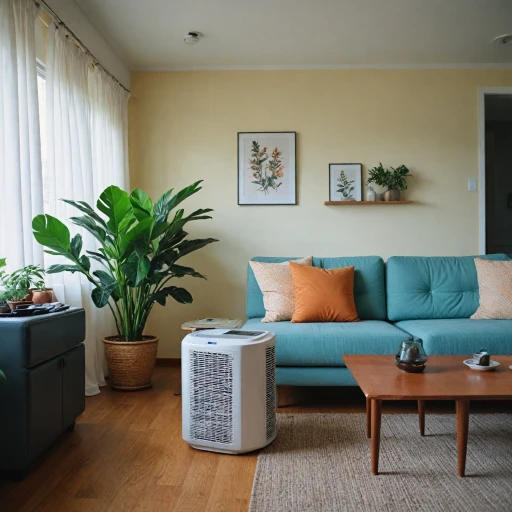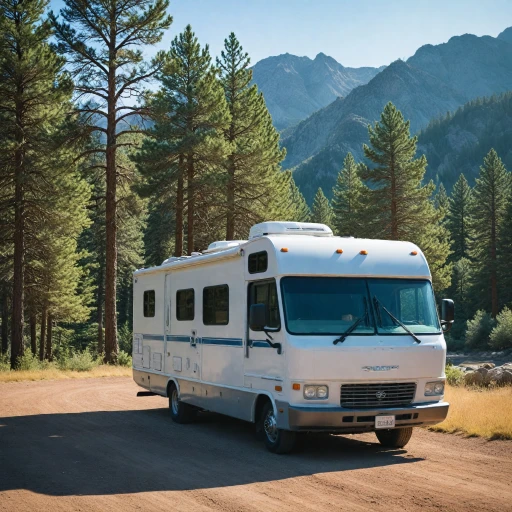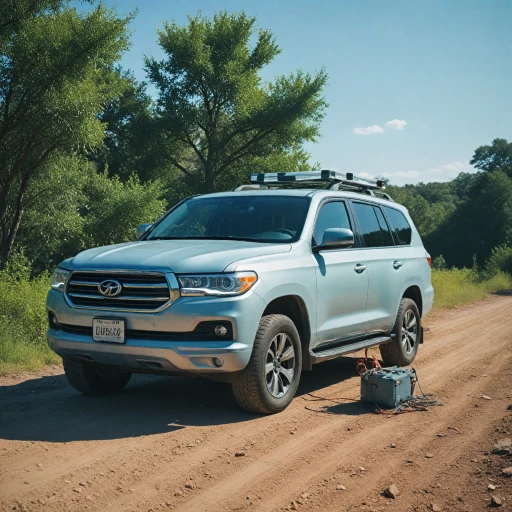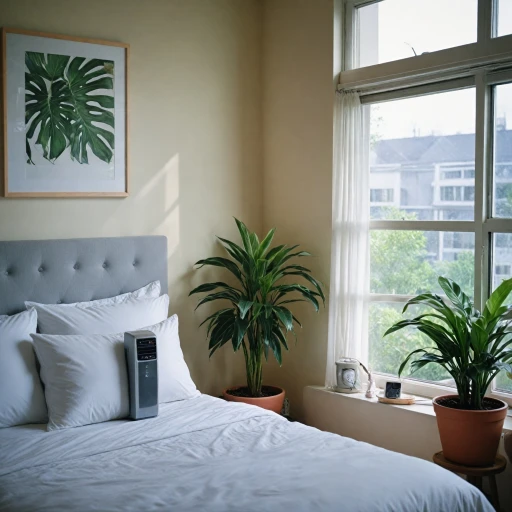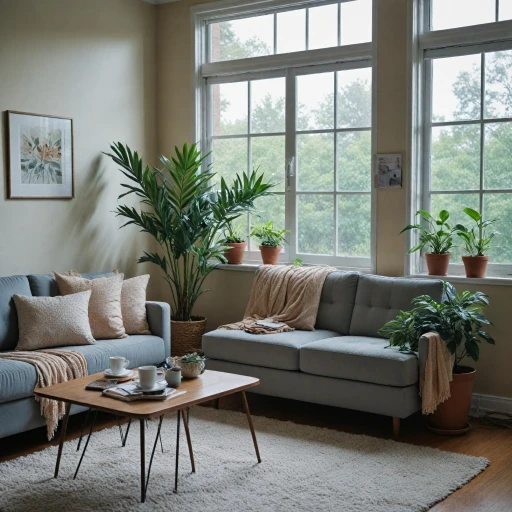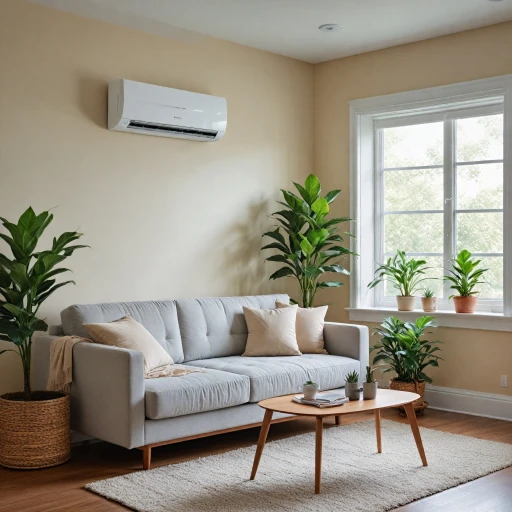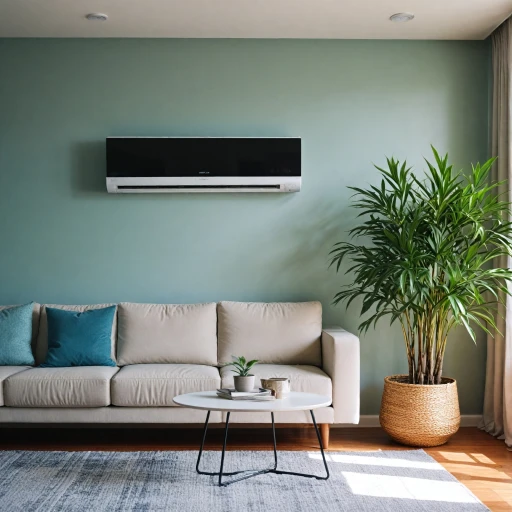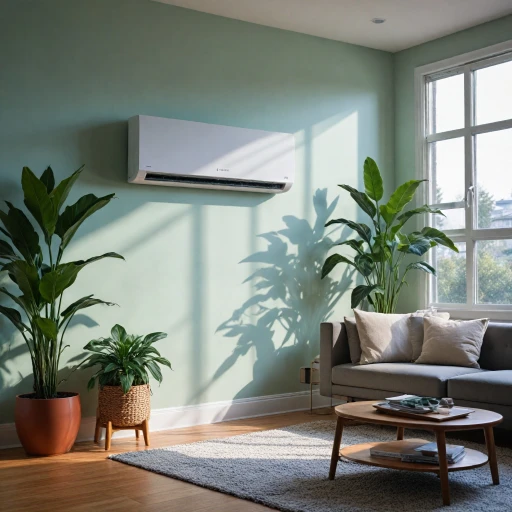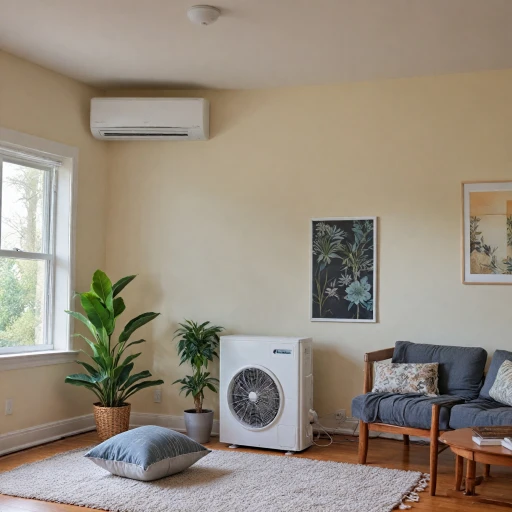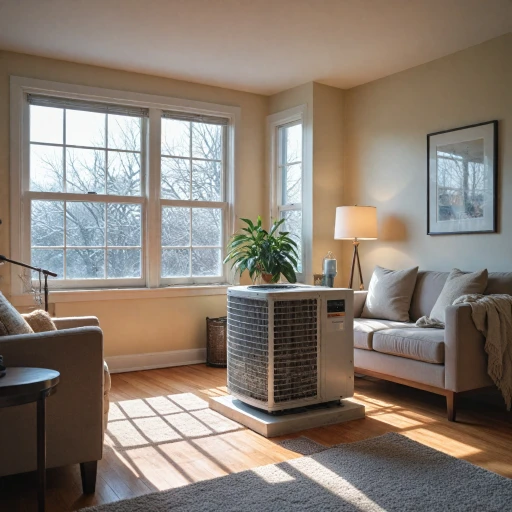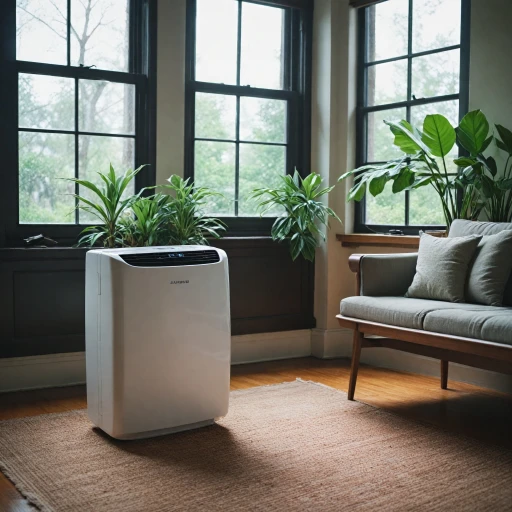
Understanding Your Cooling Needs
Determining Your Pop-Up Camper's Cooling Requirements
Choosing the right air conditioning system for your pop-up camper begins with a clear understanding of your cooling needs. How often will you and your family be camping in regions with sweltering heat? Are you primarily using your camper for weekend getaways or extended travels? These queries will guide your decision-making process.
The size and insulation of your pop camper are critical factors in assessing how powerful an air conditioner you'll need. Larger campers typically require a more robust air conditioning unit, whereas smaller ones might suffice with a window unit or even a portable air conditioner. Additionally, evaluating how well-insulated your pop trailer is will impact both your choice and effectiveness of the air conditioner.
Consider the unique aspects of your camper trailer that impact cooling efficiency, like its layout and window placement. Think about whether a more versatile portable unit might be beneficial for you, or if a roof or window mounted conditioner is more suitable for permanent installation. Each type has its own benefits and considerations, so take the time to match the best fit for your setup.
Budgeting is also a vital part of understanding your cooling needs—balancing cost with comfort and convenience. Carefully consider how different units affect your spending, from installation to maintenance.
For more detailed insights, you might explore related topics such as the various benefits of AC mini-split systems. This knowledge will provide a broader view of what's available in the market to suit your pop camper cooling needs.
Types of Air Conditioners for Pop-Up Campers
Understanding the Different Cooling Options
When it comes to keeping your pop-up camper cool, understanding the range of air conditioning options can be crucial. Each type has its benefits and limitations, depending on your specific needs, budget, and the design of your camper trailer. Here’s a look at the options:
- Rooftop Air Conditioners: These units are commonly chosen for pop campers and camper trailers due to their efficiency in cooling larger spaces. They are typically installed on the roof, saving valuable interior space, but require proper installation and reinforcement to handle the unit’s weight.
- Window Units: A window air conditioner can be a cost-effective option for pop trailers. It's important to consider the size of your camper's windows and the unit's weight, as installation needs careful attention to safety and stability.
- Portable Air Conditioners: These versatile units offer flexibility. They can be placed anywhere inside the camper where there's a power source. However, they will need venting through a window or door, which might reduce the available cooling space. Portable units are easy to set up and store away when not in use, making them a good choice for shorter trips.
- Side-Mounted Air Conditioners: These are less common but work similarly to window units. They can be an effective alternative for popup campers where traditional installation isn't feasible.
Choosing the right air conditioner involves weighing these options against your camping preferences and the typical climates you'll encounter. Each type of air conditioner caters to different needs, so consider your priorities in terms of installation, efficiency, and maintenance. For an in-depth look at options like wall-mounted air conditioners, exploring the benefits of wall-mounted air conditioners might provide additional insights.
Key Features to Consider
Considerations for the Right Features
Choosing an air conditioner for your pop camper involves some thoughtful consideration. With various types available, understanding the key features can help you make an informed decision. Here are some crucial aspects to keep in mind:
- Size and Compatibility: The conditioning unit's dimensions are vital. Whether opting for a window air unit, a portable air option, or a roof-mounted AC, ensure it fits the design of your camper trailer or pop tent. Precise measurements prevent hassles during installation.
- BTU Rating: The cooling capacity is often defined by BTU (British Thermal Units). A portable unit tailored to your camper's size ensures efficient cooling. Matching the BTU with your camping needs avoids energy waste.
- Energy Efficiency: Portable air conditioning systems with high SEER (Seasonal Energy Efficiency Ratio) ratings tend to be more efficient. Opt for models that reduce power consumption, providing extended use during camping adventures.
- Ease of Installation: Look for units that come with clear installation instructions, whether for a window air conditioner or portable units. User-friendly installation can save time and cost.
- Noise Level: Consider air conditioners designed for quieter operation. Reducing noise pollution enhances the serenity of your camping experiences.
- Portability and Weight: Assess the weight and movability of the unit. With campers pop and pop trailer setups, lighter units might be beneficial, enhancing ease of transport and installation.
Taking these features into account provides a tailored approach to air conditioning for your pop-up camper. For more about the advantages of this cooling system, delve into our expert guide.
Installation Tips and Tricks
Effective Installation Techniques
Choosing the right installation method for your air conditioner can significantly influence the comfort level of your popup camper. The installation process largely depends on the type of air conditioner you select, whether it be a portable unit, window air conditioner, or even a roof-mounted option. Here are some expert tips and tricks to ensure a smooth installation:- Assess the Structural Limits: Before mounting a unit, consider the structural constraints of your camper trailer. For pop campers, ensure the roof or side walls can support a window unit or roof-mounted conditioner. A portable air unit, which stands separately and often vents through a window, may offer more flexibility.
- Optimal Placement: When camping, the placement of the unit can impact its efficiency. If opting for a window air conditioner, place it on the camper's shaded side to improve its cooling efficiency. Using a portable unit allows for smoother relocation to accommodate changes in outdoor temperature.
- Seal Leaks: Proper sealing around window units or rooftop installations can prevent air leakages, enhancing the cooling performance. Weather stripping or foam inserts can be effective for sealing gaps.
- Consider Support Structures: For heavy window units, external support like a shelf or bracket may be necessary. These supports help prevent damage to camper windows and ensure stability, especially during transit.
- Electrical Needs: Make sure your camper's electrical system can support the new air conditioning system. Overloading the system might result in blown fuses or reduced performance of other devices. Extension cords should be avoided due to potential safety hazards.
- Ventilation Management: Proper ventilation is vital, especially for portable air conditioners. Ensure the exhaust hose is directed out of the camper, allowing heat to escape efficiently.
Maintenance and Troubleshooting
Preserving Optimal Performance: Maintenance Insights
Proper maintenance of your air conditioning unit is crucial to ensure it runs efficiently during your camping adventures. Whether you've opted for a roof-mounted, window, or portable unit, consistent upkeep will prolong its lifespan and maintain its cooling effectiveness.- Regular Cleaning: Dust and debris can accumulate in and around your air conditioner, especially when camping in dusty areas. Ensure the filters are cleaned or replaced regularly to maintain airflow and efficiency. Regular wiping of the unit’s exterior, including the top and sides, will help prevent any potential mechanical issues.
- Check for Blockages: Ensure that the airflow is not obstructed. This is important whether the unit is mounted on the roof, installed in the side window, or is a portable air model within the camper. This helps in maximizing the cooling effect.
- Inspect for Leaks: It's vital to check for any coolant leaks, which might decrease the efficiency of the unit. If you detect a decrease in cooling performance, inspecting for leaks should be a priority.
- Monitor Electrical Connections: Over time, moving parts can cause wires and connections to become loose or frayed. Regularly inspecting electrical connections will minimize the risk of malfunction and ensure your air conditioner remains a reliable camping partner.
- Seasonal Shutdown: Before storing your camper trailer after the season, spend a few minutes ensuring all components of your air conditioning unit are clean, dry, and properly serviced. This prevents off-season wear and maintains your air conditioner's readiness for the next camping season.
Budgeting for Your Air Conditioning Needs
Cost Considerations for Camper Cooling
Choosing the right air conditioning unit for a pop up camper involves balancing your cooling needs with your budget. Understanding the long-term costs associated with each type of air conditioner can help you make an informed decision.- Initial Purchase Price: The cost of an air conditioner for a camper varies depending on the model and type. Portable units typically have a lower upfront cost compared to roof-mounted or window units. However, portable air conditioners might not provide the same efficiency or cooling power as other options.
- Installation Costs: Depending on the chosen air conditioning unit, you might need to account for installation expenses. Roof-mounted units may require professional installation, adding to the initial investment. Window units for pop campers might be easier to install, but ensure the setup meets your cooling needs.
- Energy Efficiency: Energy consumption is a significant factor to consider. An efficient unit might cost more initially, but it could save you money in the long run due to reduced energy bills. Look for units with high energy-efficiency ratings.
- Maintenance Expenses: Keep in mind that both time and money will be spent on maintenance. Regular check-ups and cleanings are essential tasks. Portable units require less maintenance overall but make sure to follow the manufacturer's guidelines to avoid issues.
- Long-Term Value: Investing in a quality air conditioning unit that's well-suited for your camper can provide long-term value, enhancing the camping experience and longevity of the appliance.

